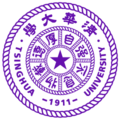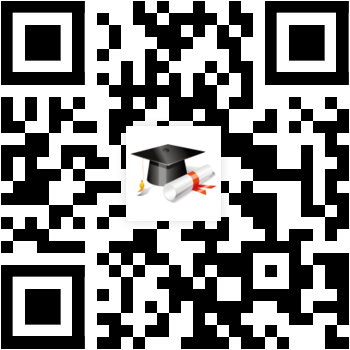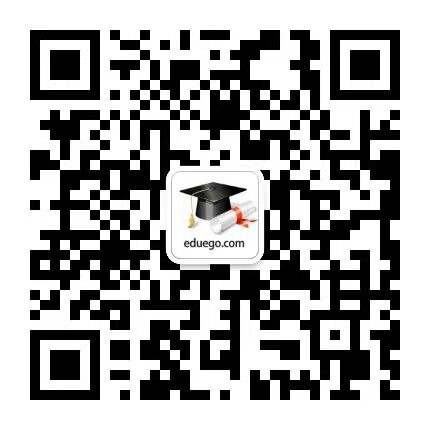1月MBA考试英语模拟试题及答案解析(5)
来源:在职研究生招生信息网 发布时间:2015-08-11 11:07:17
2016年一月联考即将开始,你准备好了吗?为了能使考生取得满意成绩,今天中国在职研究生网准备了模拟试题供考生练习,希望对考生有所帮助。
Timothy Berners-Lee might be giving Bill Gates a run for the money, but he passed up his shot at fabulous wealth—intentionally—in 1990. That’s when he decided not to patent the technology used to create the most important software innovation in the final decade of the 20th century: the World Wide Web. Berners-Lee wanted to make the world a richer place, not a mass personal wealth. So he gave his brainchild to us all.
Berners-Lee regards today’s Web as a rebellious adolescent that can never fulfill his original expectations. By 2005, he hopes to begin replacing it with the Semantic Web—a smart network that will finally understand human languages and make computers virtually as easy to work with as other humans.
As envisioned by Berners-Lee, the new Web would understand not only the meaning of words and concepts but also the logical relationships among them. That has awesome potential. Most knowledge is built on two pillars: semantics and mathematics. In number-crunching, computers already outclass people. Machines that are equally adroit at dealing with language and reason won’t just help people uncover new insights; they could blaze new trails on their own.
Even with a fairly crude version of this future Web, mining online repositories for nuggets of knowledge would no longer force people to wade through screen after screen of extraneous data. Instead, computers would dispatch intelligent agents, or software messengers, to explore Web sites by the thousands and logically sift out just what’s relevant. That alone would provide a major boost in productivity at work and at home. But there’s far more.
Software agents could also take on many routine business chores, such as helping manufacturers find and negotiate with lowest-cost parts suppliers and handling help-desk questions. The Semantic Web would also be a bottomless trove of eureka insights. Most inventions and scientific breakthroughs, including today’s Web, spring from novel combinations of existing knowledge. The Semantic Web would make it possible to evaluate more combinations overnight than a person could juggle in a lifetime. Sure scientists and other people can post ideas on the Web today for others to read. But with machines doing the reading and translating technical terms, related ideas from millions of Web pages could be distilled and summarized. That will lift the ability to assess and integrate information to new heights. The Semantic Web, Berners-Lee predicts, will help more people become more intuitive as well as more analytical. It will foster global collaborations among people with diverse cultural perspectives, so we have a better chance of finding the right solutions to the really big issues—like the environment and climate warming.
1. Had he liked, Berners-Lee could have _____.
[A]created the most important innovation in the 1990s
[B]accumulated as much personal wealth as Bill Gates
[C]patented the technology of Microsoft software
[D]given his brainchild to us all
2. The Semantic Web will be superior to today’s web in that it _____.
[A]surpasses people in processing numbers
[B]fulfills user’s original expectations
[C]deals with language and reason as well as number
[D]responds like a rebellious adult
3. To search for any information needed on tomorrow’s Web, one only has to _____.
[A]wade through screen after screen of extraneous data
[B]ask the Web to dispatch some messenger to his door
[C]use smart software programs called “agents”
[D]explore Web sites by the thousands and pick out what’s relevant
4. Thanks to the Web of the future, _____.
[A]millions of web pages can be translated overnight
[B]one can find most inventions and breakthroughs online
[C]software manufacturers can lower the cost of computer parts
[D]scientists using different specialty terms can collaborate much better
5. The most appropriate title for this text is.
[A]Differences bet,ween Two Webs
[B]The Humanization of Computer Software
[C]A New Solution to World Problems
[D]The Creator and His Next Creation
答案
1. B 2.C 3.C 4.D 5.D
上一篇: 2015年法律硕士刑法模拟试题及答案
下一篇: 2016年同等学力英语词汇模拟题






















